|
As I write, there are people just one street away filling skips with the sodden contents of their garages, basements and ground floor rooms. The footpaths are lined with piles of ruined household items, while residents and neighbours pitch in to rip up carpets and sweep out sections.
These scenes are repeated all over this sprawling city of 1.6 million, which received roughly the equivalent of a month’s rain in just a few hours on Friday evening. There are four confirmed deaths, houses have been destroyed, the airport closed and flights cancelled, and evacuation centres have been activated. A state of emergency is in place all week.
Auckland gets plenty of rain, but no one has seen anything like this. As climate scientist James Renwick explains, there were several factors involved in a massive “atmospheric river” stalling over the top half of the North Island, but those aren’t the full explanation. “I am confident climate change contributed significantly to the incredible volume of rain that fell so quickly in Auckland this time,” he writes.
And, as urban planning expert Timothy Welch argues, given what we know about the future impact of climate change, Auckland (like many cities) must address its ageing infrastructure and also change the way new construction is designed. The concept of the “sponge city”, he suggests, is a good place to start.
For now, that’s also an apt description of Auckland as the massive clean-up begins.
|

|
Finlay Macdonald
New Zealand Editor
|
|
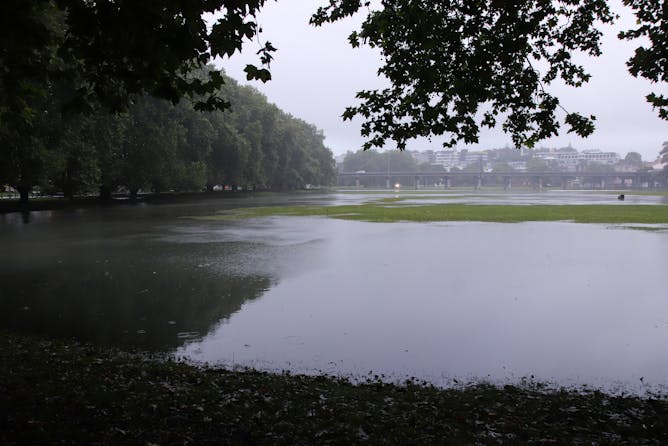
James Renwick, Te Herenga Waka — Victoria University of Wellington
The more the climate warms, the heavier the storm rainfalls will become. The Auckland emergency shows how urgently adaptive measures are now needed.
|
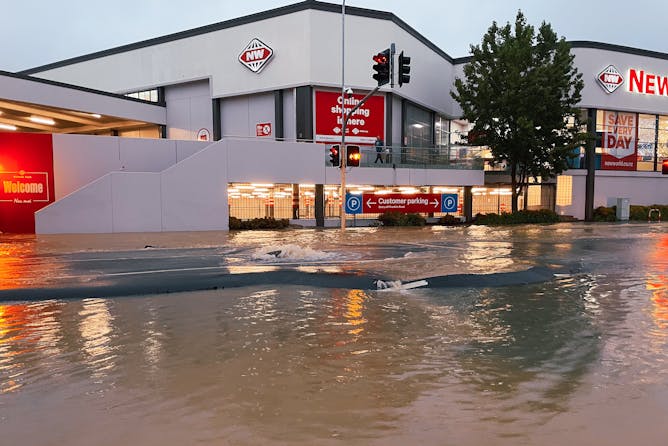
Timothy Welch, University of Auckland
The more hard surfaces we build, the more stormwater we need to drain. Auckland must future-proof its urban design as climate change bites.
|
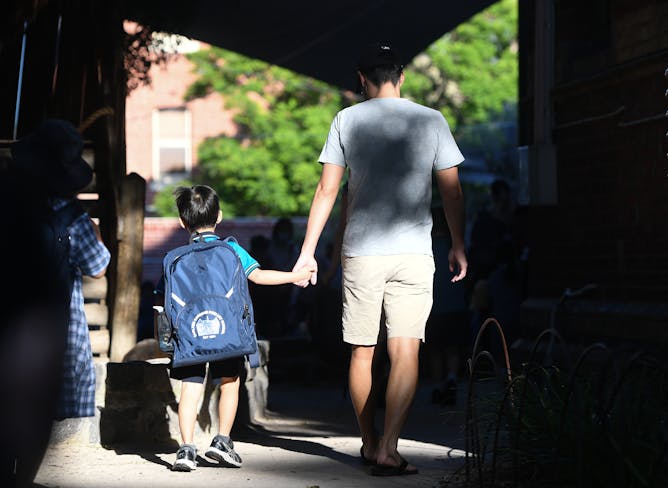
Kate Highfield, Australian Catholic University
There is a lot of pressure on the transition to ‘big school’. For parents, this raises the question of how best we can prepare our kids and ourselves for this time.
|

Julie Sonnemann, Grattan Institute
A new report from the Grattan Institute calls for tutoring at school, in school hours to be rolled out across Australia.
|
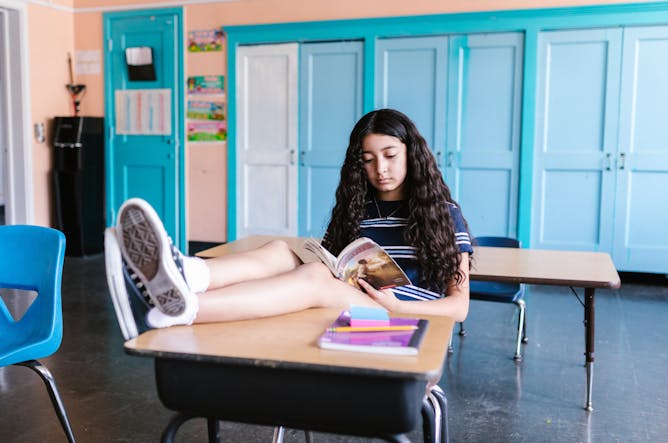
Alex Bacalja, The University of Melbourne
Every year, parents have an opinion on the books on their kids’ reading lists – whether they think the books are stale, unchallenging or confronting. How are books and reading taught?
|

Kath Albury, Swinburne University of Technology; Daniel Reeders, Australian National University
A recent government roundtable proposed stricter profile verification conditions as a response to safety concerns on dating apps. But research suggests users want something else.
|
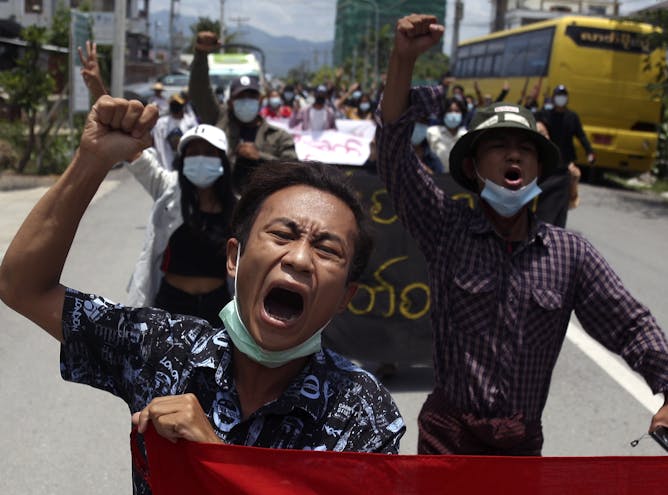
Nicholas Farrelly, University of Tasmania; Adam Simpson, University of South Australia
Myanmar’s two-year resistance to the brutal military regime barely registers in the West. But Ukraine shows that Western military force can be successfully used to support a democracy under siege.
|
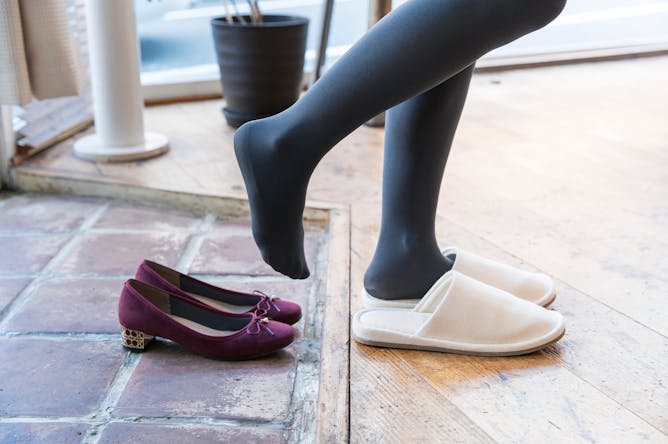
Mark Patrick Taylor, Macquarie University; Carlos Ibañez del Rivero, Macquarie University; Kara Fry, Macquarie University
Levels of trace metals inside can be higher than the sources of contamination outside. It underscores the need for households to take care to prevent those contaminants being brought indoors.
|
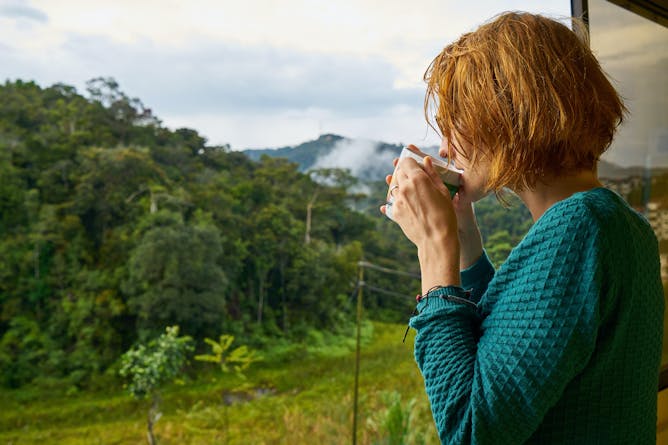
Emma Beckett, University of Newcastle
Feeling tired and groggy in the morning may well lead you to crave a coffee boost. But is it a gift or just a loan in terms of energy?
|
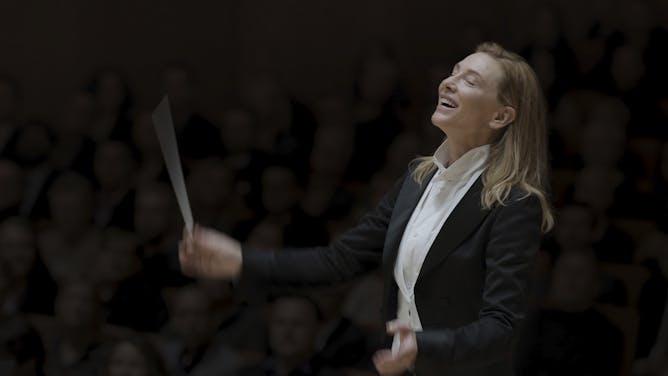
Peter Tregear, The University of Melbourne
The classical music industry has especially high numbers of people drawn from private wealth and educational privilege
|
Environment + Energy
|
-
Ian A Wright, Western Sydney University; Nicky Morrison, Western Sydney University
Ensuring a swimming site is safe is key to getting people using it. That means giving people timely information about water quality.
-
Michelle Ward, The University of Queensland; James Watson, The University of Queensland
Queensland is still clearing large tracts of land to run more cattle. This comes at a huge cost to our native animals and plants.
|
|
Politics + Society
|
-
Michelle Grattan, University of Canberra
The policy, called Revive and funded by $286 million over four years, establishes Creative Australia which will be the government’s principle arts investment and advisory body
-
Michelle Grattan, University of Canberra
Chalmers’ essay looks to the future after the uncertainties of three global crises - the GFC, the pandemic, and the energy and inflation shock
-
Rolf Gerritsen, Charles Darwin University; Tanya McDonald, Charles Darwin University
Alcohol has long been identified as the key problem in Alice Springs crime - and bans and policing its primary solutions. But that is far too simplistic, which is why is hasn’t worked.
-
Julie Andrews, La Trobe University; Richard Broome, La Trobe University
In their 1881 petition, Aboriginal people from the Maloga mission who sought greater freedom from missionary control called for the government to grant them their own parcel of land.
|
|
Health + Medicine
|
-
Tamara Borovica, RMIT University; Renata Kokanovic, RMIT University
Dancing in a group – in a class, in a club, at a wedding – is social. So it could be just the thing for 2023, if the gym isn’t for you.
|
|
Science + Technology
|
-
Steven Tingay, Curtin University
Discovered less than a week ago, the truck-sized asteroid skimmed much closer to Earth’s surface than most satellites.
-
Susan Hazel, University of Adelaide; Julia Henning, University of Adelaide
In a home with more than one cat, feline wrestling can be a common sight. But how do we know when it’s becoming a problem?
|
|
Books + Ideas
|
-
Simmone Howell, La Trobe University
Simmone Howell pays tribute to the life and work of ‘kind and hilarious gem’ Gabrielle Williams, acclaimed Australian author of young adult fiction, who died on Saturday.
|
|
| |
|
|
|
Emerging Media
Melbourne VIC, Australia
•
Full Time
|

|
|
The Conversation AU
Melbourne VIC, Australia
•
Full Time
|

|
|
The Conversation Indonesia
Jakarta, Indonesia
•
Contract
|

|
|
|
|
| |
| |
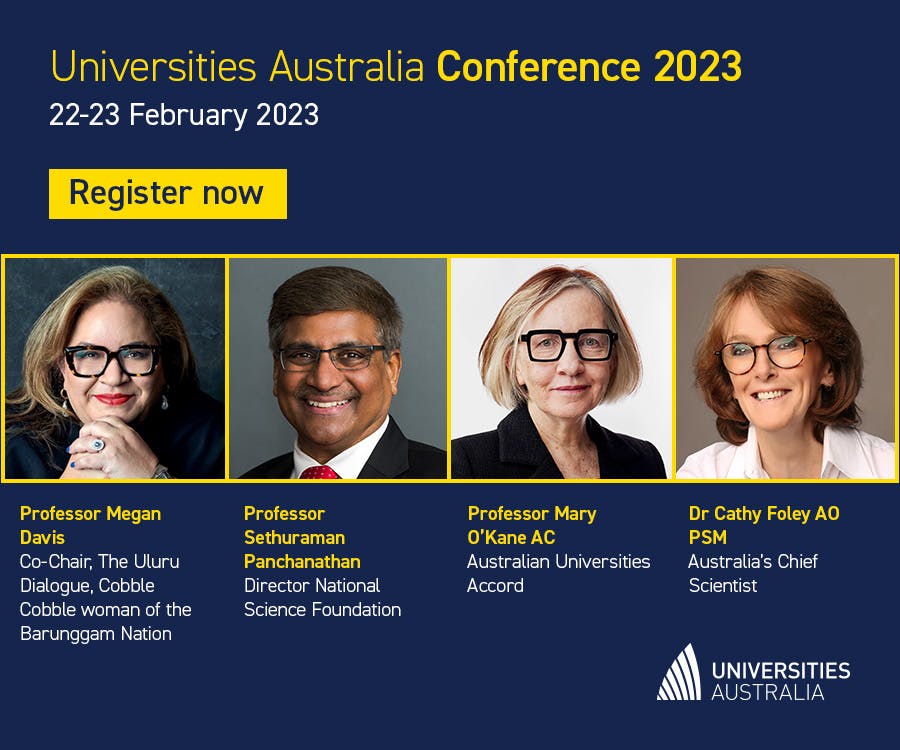
|
| |
| |
| |
Featured Events, Courses & Podcasts
|
View all
|
|
1 January 2023 - 7 October 2026
•
|

|
1 February 2023 - 25 November 2029
•
|
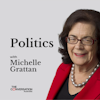
|
|
|

|
20 February - 1 May 2023
•
Melbourne
|

|
|
|
|
| |
| |
| |
| |
| |
|
|